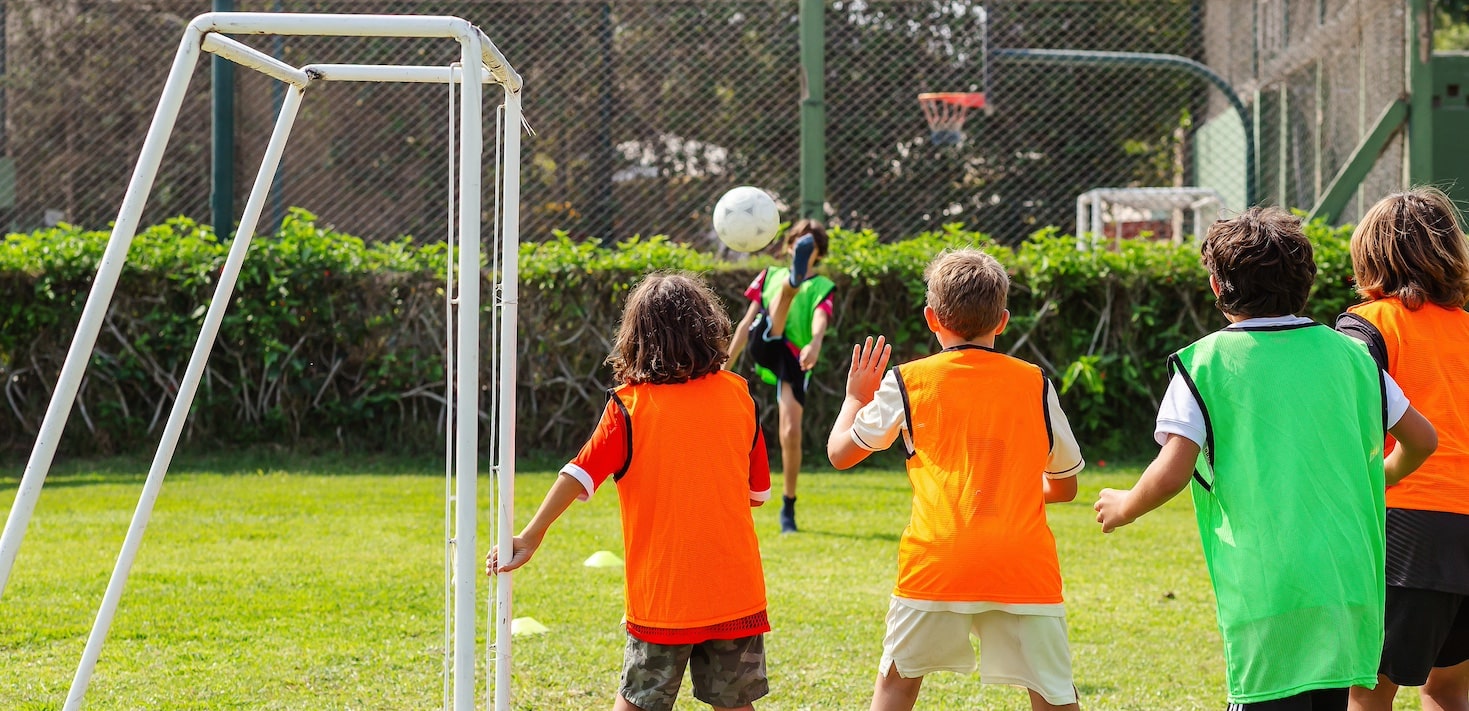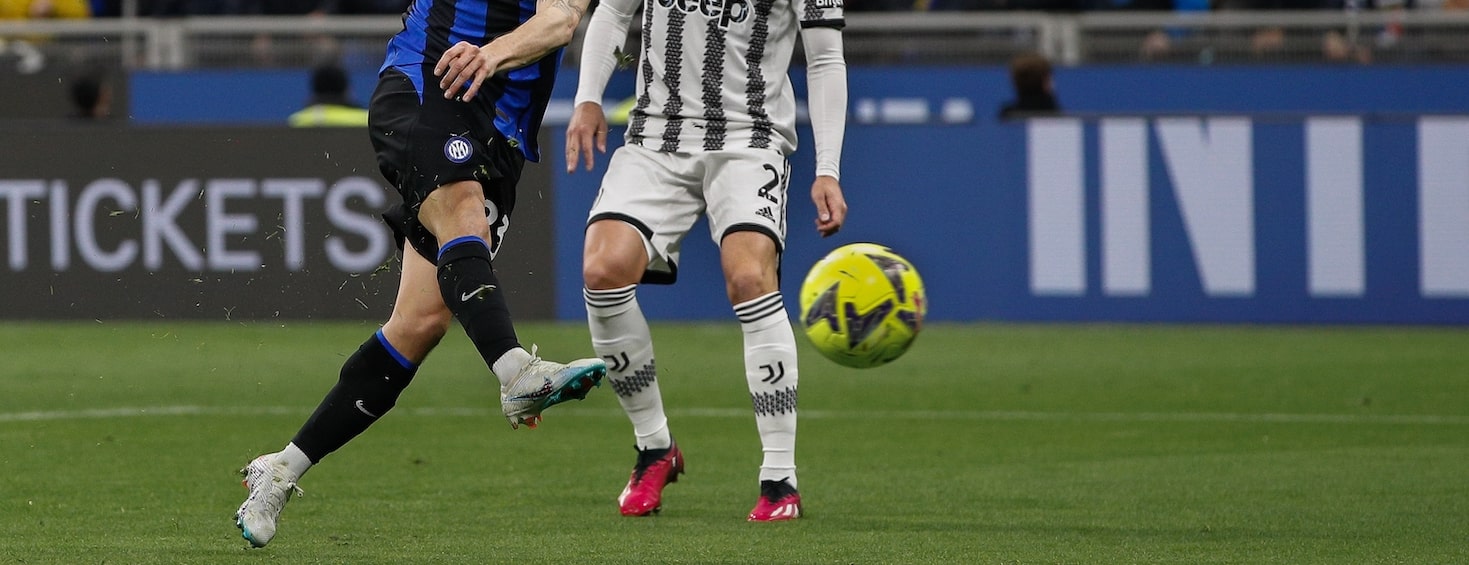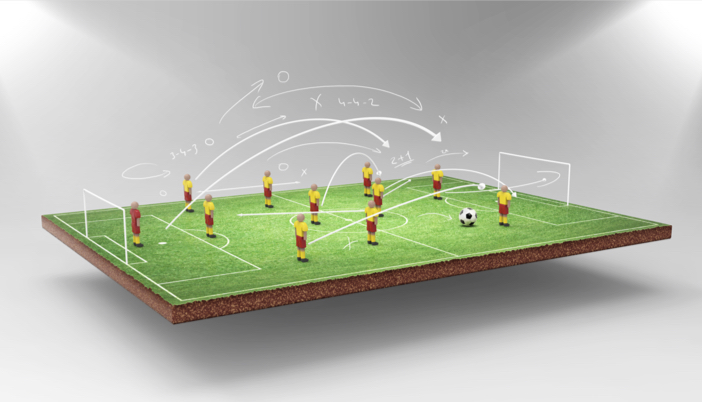In soccer, yellow cards serve as warnings for players who commit infractions that disrupt the flow of the game or put others at risk. A yellow card can shift the momentum of a match, especially when a team must alter its approach due to a player's risk of receiving a second yellow and being sent off.
What Is a Yellow Card in Soccer?
A yellow card is a form of disciplinary action issued by the referee to a player who has committed a foul or an unsporting action that doesn’t warrant an immediate ejection. It serves as an official warning. If a player receives two yellow cards in the same game, they are automatically shown a red card, resulting in their dismissal from the match and leaving their team to play with one fewer player.
Common Reasons Players Receive Yellow Cards
-
Unsporting Behavior: The most frequent reason for receiving a yellow card is unsporting behavior. This can range from reckless tackles and diving to deliberately wasting time. Even if a player doesn’t intend to cause harm, reckless actions that risk injury or affect the spirit of the game can warrant a yellow card.
-
Dissent by Word or Action: Players who argue excessively with referees, shout in frustration, or show disrespect through gestures can be cautioned for dissent. Soccer emphasizes respect for officials, and failure to comply can lead to a yellow card.
-
Persistent Fouling: A player who consistently fouls opponents, even if each individual foul isn’t severe, may be given a yellow card. Persistent infringement indicates a lack of regard for the rules and a disruptive playing style.
-
Delaying the Restart of Play: Players who deliberately waste time to gain an advantage, such as by taking too long to restart play (e.g., throw-ins, goal kicks), can be cautioned with a yellow card. This is common in high-stakes matches where teams attempt to run down the clock.
-
Not Respecting the Required Distance: At free kicks or corners, defenders must stand at least 10 yards away from the ball. If a player fails to respect this distance, they can be shown a yellow card.
-
Entering or Re-entering the Field Without Permission: Players who come onto the field without the referee’s permission, whether after injury treatment or for other reasons, can be cautioned.
-
Leaving the Field Without Permission: Similar to entering the field, players who leave the playing area without the referee’s approval can be cautioned, as it disrupts the game and may influence tactics.
Coaching Strategies to Help Players Manage Yellow Cards
When players make mistakes that lead to yellow cards, coaches play a vital role in guiding them through the situation. The goal is not only to help the player understand why they received the card but also to help them grow as disciplined, responsible athletes.
-
Immediate Support: If a player receives a yellow card, the coach’s initial response is crucial. Instead of reacting with frustration, coaches should pull the player aside calmly, if possible, and offer constructive feedback. Explain why the yellow card was issued and what the player needs to avoid moving forward. A composed coach helps keep the player from becoming emotionally affected, which could lead to more mistakes.
-
Teach Emotional Control: Emotional control is a key factor in avoiding yellow cards. Players who lose their temper or overreact to decisions made by referees are at higher risk of receiving yellow cards. Coaches should emphasize the importance of keeping cool under pressure. Regularly incorporating mental exercises or situational drills into training sessions can help players learn how to manage their emotions, especially during tense moments in a match.
-
Instill Respect for Officials: Players must understand that referees and linesmen are there to ensure fairness and safety in the game. Coaches should teach their players to address officials politely, even if they disagree with a decision. Referees are less likely to issue yellow cards for dissent if players approach them calmly and respectfully. Instilling these values during training will help players interact with referees in a manner that avoids confrontation.
-
Develop Tactical Awareness: Many yellow cards are given for tactical fouls or reckless challenges. Coaches can reduce the likelihood of this happening by developing their players’ game awareness. Teach them how to anticipate plays and position themselves properly to avoid situations where a foul seems necessary. A player with better positioning and awareness is less likely to be caught out of position and forced into committing a rash foul.
-
Communication During the Game: Coaches should also be active in communicating with players throughout the game. If a player receives a yellow card, the coach should remind them to adjust their playing style accordingly. They might need to play more conservatively or avoid risky tackles to prevent a second yellow card. Open, ongoing communication helps the player stay focused and aware of their disciplinary situation.
Avoiding Yellow Cards: Respect and Self-Control
While coaches can help guide their players, the players themselves must understand their responsibilities in managing their behavior and interactions with others during a match.
-
Addressing the Referee: Players should always address the referee in a respectful tone, even if they believe a decision is unfair. Arguing or showing disrespect can lead to a yellow card for dissent. Instead of complaining, players should ask the referee for clarification on calls calmly and move on quickly, focusing on their own performance.
-
Interacting with Opponents: Soccer is a competitive sport, and emotions can run high. However, players must keep their composure when interacting with opponents. Avoid retaliatory actions or verbal exchanges that could escalate into confrontations. Players should focus on their game and allow the referee to handle any inappropriate actions from opponents.
-
Dealing with Spectators: While the influence of spectators is largely out of a player’s control, it’s important for players to remain focused on the game and not engage with comments or distractions from the sidelines. Engaging with fans, either in response to taunts or praise, can lead to distractions or even disciplinary action. Players should be trained to maintain tunnel vision during the game and block out external noise.
-
Preventing Reckless Challenges: Coaches should consistently emphasize proper tackling techniques in training sessions. Many yellow cards are the result of mistimed or overly aggressive tackles. By teaching players how to time their challenges and tackle with precision, coaches can reduce the likelihood of yellow cards for reckless play. Additionally, players must learn when it’s better to refrain from tackling altogether, especially when they are already on a yellow card.
Incorporating Yellow Card Management in Training
-
Simulated Match Situations: During training, coaches can simulate game scenarios where players must manage their discipline, such as by giving out "training yellow cards" for infractions like dissent or persistent fouling. This teaches players the importance of adjusting their playing style when they are on a warning.
-
Role-Playing with Referees: Coaches can also incorporate role-playing activities where players practice speaking with referees during challenging moments. This helps them learn how to communicate respectfully and professionally in high-pressure situations.


Improve Your GameJust 1.99 p/m
Exclusive drills and sessions, get involved today!
- 100’s of Drills
- Coach to Camera Videos
- Sessions from Pro’s
- Industry Leading Advice
Yellow cards are an integral part of soccer, designed to promote fair play and control in a competitive environment. While receiving a yellow card is not uncommon, how a player responds to it can make all the difference in their development and impact on the game.
Coaches play a crucial role in guiding players through these situations, helping them learn from their mistakes while instilling a mindset of discipline, respect, and self-control.
Through training, communication, and emotional management, players can learn to minimize the risk of receiving yellow cards and maintain a positive, focused approach throughout the game.




Cupello
Rethinking soccer coaching via our industry leading tools. Built to offer effective coaching development solutions for players and coaches of all levels.